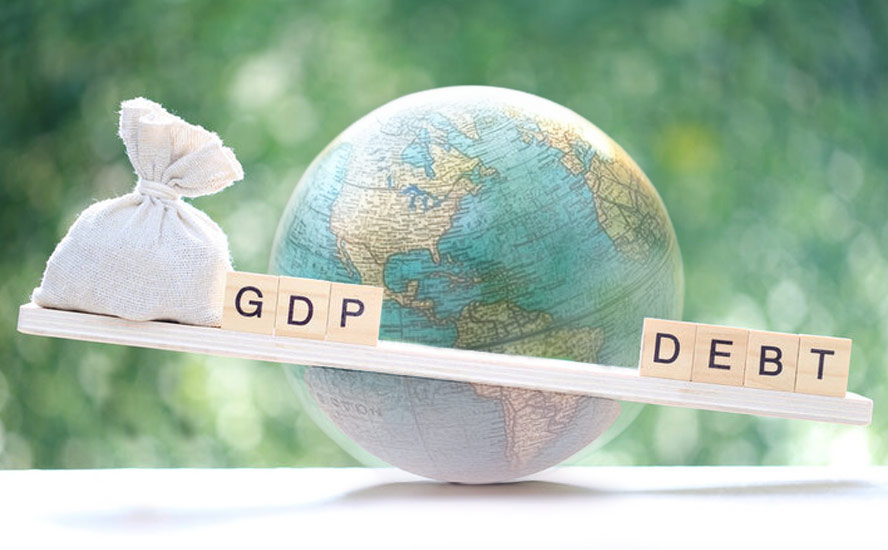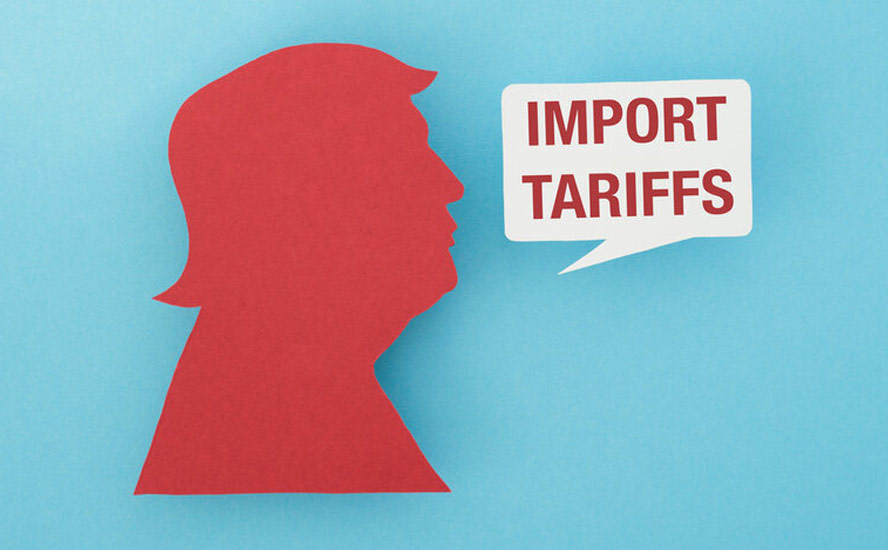China Doesn’t Pay Tariffs, You Do
From Schiff Gold
As President-elect Donald Trump prepares to return to the Oval Office, his proposed trade policies have reignited concerns about the economic impact of tariffs on American consumers. Trump has vowed to impose sweeping tariffs of up to 20% on all imports and a staggering 60% on Chinese goods. While he claims these measures will stimulate the U.S. economy and protect American jobs, the reality could be far more damaging, particularly for middle and low-income households.
The notion that tariffs primarily impact foreign countries is a misconception. In reality, tariffs are taxes paid by U.S. importers, which are often passed on to American consumers through higher prices. As such, the proposed tariffs could substantially reduce American incomes. On average, middle-income households could face an annual loss of approximately $1,700.
The National Retail Federation (NRF) paints an even grimmer picture, estimating that the proposed import duties could diminish American consumers’ purchasing power by between $46 billion and $78 billion across various product categories. This translates to significant price hikes on everyday items. These price increases would hit low-income households particularly hard, as they allocate a larger portion of their income to essential goods.
Proponents of tariffs often argue that they improve the American trade deficit relative to other countries. However, despite the tariffs imposed on China, the U.S. trade deficit grew from $481 billion in 2016 to $679 billion in 2020.
Moreover, tariffs can have unintended consequences that ripple through the economy. When the cost of imported materials rises, it doesn’t just affect the price of final goods; it also impacts the entire supply chain. American companies that rely on imported components for their products will find their production costs rising, often leading to job losses or reduced wages. A study by Economists Justin Pierce and Aaron Flaaen found a net decrease in manufacturing employment due to the tariffs imposed during Trump’s first term, suggesting that the benefit of increased production in protected industries was outweighed by the consequences of rising input costs and retaliatory tariffs.
While there may be specific instances where targeted trade measures are necessary to address unfair practices or national security concerns, broad-based tariffs are a blunt instrument that often cause more harm than good. Instead of relying on protectionist policies, the U.S. should focus on strategies that enhance its competitiveness in the global market. This could include investments in education, research and development, and infrastructure, which can boost productivity without the negative side effects of tariffs.
Legal Notice / Disclaimer
Ahead of the Herd newsletter, aheadoftheherd.com, hereafter known as AOTH.Please read the entire Disclaimer carefully before you use this website or read the newsletter. If you do not agree to all the AOTH/Richard Mills Disclaimer, do not access/read this website/newsletter/article, or any of its pages. By reading/using this AOTH/Richard Mills website/newsletter/article, and whether you actually read this Disclaimer, you are deemed to have accepted it.
Share Your Insights and Join the Conversation!
When participating in the comments section, please be considerate and respectful to others. Share your insights and opinions thoughtfully, avoiding personal attacks or offensive language. Strive to provide accurate and reliable information by double-checking facts before posting. Constructive discussions help everyone learn and make better decisions. Thank you for contributing positively to our community!
1 Comment
Leave a Reply Cancel reply
You must be logged in to post a comment.





























#tariffs